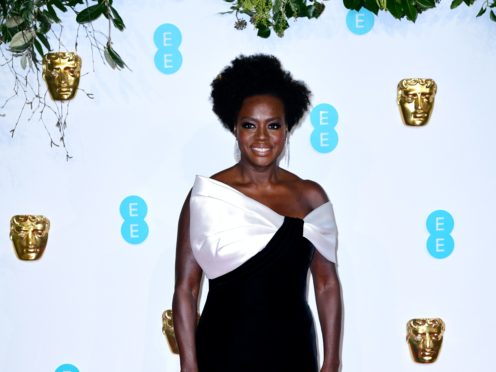Viola Davis has said there is a part of her that feels she betrayed herself by starring in The Help and added that the film was “created in the filter and the cesspool of systemic racism”.
The actress earned an Oscar nomination for her starring role of Aibileen Clark in Tate Taylor’s 2011 drama chronicling a group of black maids working and living in Jackson, Mississippi, in the early 1960s.
However, she has since spoken of her regret at taking the part, telling the New York Times in 2018 that it focused more on white voices than black ones.
In a new interview with Vanity Fair, she said: “Not a lot of narratives are also invested in our humanity.
“They’re invested in the idea of what it means to be black, but it’s catering to the white audience. The white audience at the most can sit and get an academic lesson into how we are.
“Then they leave the movie theatre and they talk about what it meant. They’re not moved by who we were.”
She added: “There’s no-one who’s not entertained by The Help. But there’s a part of me that feels like I betrayed myself, and my people, because I was in a movie that wasn’t ready to (tell the whole truth).
She added that the film was “created in the filter and the cesspool of systemic racism”.
Davis also said there are still not enough opportunities for black actresses in Hollywood and is worried about younger performers who are not getting chances.
She said: “There’s not enough opportunities out there to bring that unknown, faceless black actress to the ranks of the known. To pop her!”
Naming Emma Stone, Reese Witherspoon and Kristen Stewart as “fabulous white actresses”, she said they have “a wonderful role for each stage of their lives, that brought them to the stage they are now. We can’t say that for many actors of colour”.
